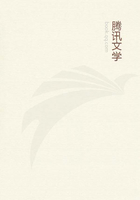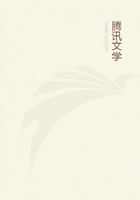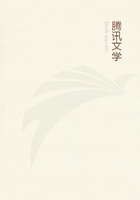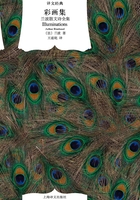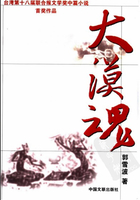See also if he has put anything that is blameworthy or objectionable into the class 'capacity' or 'capable', e.g. by defining a 'sophist' or a 'slanderer', or a 'thief' as 'one who is capable of secretly thieving other people's property'. For none of the aforesaid characters is so called because he is 'capable' in one of these respects: for even God and the good man are capable of doing bad things, but that is not their character: for it is always in respect of their choice that bad men are so called. Moreover, a capacity is always a desirable thing: for even the capacities for doing bad things are desirable, and therefore it is we say that even God and the good man possess them; for they are capable (we say) of doing evil. So then 'capacity' can never be the genus of anything blameworthy. Else, the result will be that what is blameworthy is sometimes desirable: for there will be a certain form of capacity that is blameworthy.
Also, see if he has put anything that is precious or desirable for its own sake into the class 'capacity' or 'capable' or 'productive' of anything. For capacity, and what is capable or productive of anything, is always desirable for the sake of something else.
Or see if he has put anything that exists in two genera or more into one of them only. For some things it is impossible to place in a single genus, e.g. the 'cheat' and the 'slanderer': for neither he who has the will without the capacity, nor he who has the capacity without the will, is a slanderer or cheat, but he who has both of them.
Hence he must be put not into one genus, but into both the aforesaid genera.
Moreover, people sometimes in converse order render genus as differentia, and differentia as genus, defining (e.g.) astonishment as 'excess of wonderment' and conviction as 'vehemence of conception'.
For neither 'excess' nor 'vehemence' is the genus, but the differentia: for astonishment is usually taken to be an 'excessive wonderment', and conviction to be a 'vehement conception', so that 'wonderment' and 'conception' are the genus, while 'excess' and 'vehemence' are the differentia. Moreover, if any one renders 'excess' and 'vehemence' as genera, then inanimate things will be convinced and astonished. For 'vehemence' and 'excess' of a thing are found in a thing which is thus vehement and in excess. If, therefore, astonishment be excess of wonderment the astonishment will be found in the wonderment, so that 'wonderment' will be astonished! Likewise, also, conviction will be found in the conception, if it be 'vehemence of conception', so that the conception will be convinced.
Moreover, a man who renders an answer in this style will in consequence find himself calling vehemence vehement and excess excessive: for there is such a thing as a vehement conviction: if then conviction be 'vehemence', there would be a 'vehement vehemence'.
Likewise, also, there is such a thing as excessive astonishment: if then astonishment be an excess, there would be an 'excessive excess'. Whereas neither of these things is generally believed, any more than that knowledge is a knower or motion a moving thing.
Sometimes, too, people make the bad mistake of putting an affection into that which is affected, as its genus, e.g. those who say that immortality is everlasting life: for immortality seems to be a certain affection or accidental feature of life. That this saying is true would appear clear if any one were to admit that a man can pass from being mortal and become immortal: for no one will assert that he takes another life, but that a certain accidental feature or affection enters into this one as it is. So then 'life' is not the genus of immortality.
Again, see if to an affection he has ascribed as genus the object of which it is an affection, by defining (e.g.) wind as 'air in motion'. Rather, wind is 'a movement of air': for the same air persists both when it is in motion and when it is still. Hence wind is not 'air' at all: for then there would also have been wind when the air was not in motion, seeing that the same air which formed the wind persists. Likewise, also, in other cases of the kind. Even, then, if we ought in this instance to admit the point that wind is 'air in motion', yet we should accept a definition of the kind, not about all those things of which the genus is not true, but only in cases where the genus rendered is a true predicate. For in some cases, e.g. 'mud' or 'snow', it is not generally held to be true. For people tell you that snow is 'frozen water' and mud is earth mixed with moisture', whereas snow is not water, nor mud earth, so that neither of the terms rendered could be the genus: for the genus should be true of all its species. Likewise neither is wine 'fermented water', as Empedocles speaks of 'water fermented in wood';' for it simply is not water at all.

